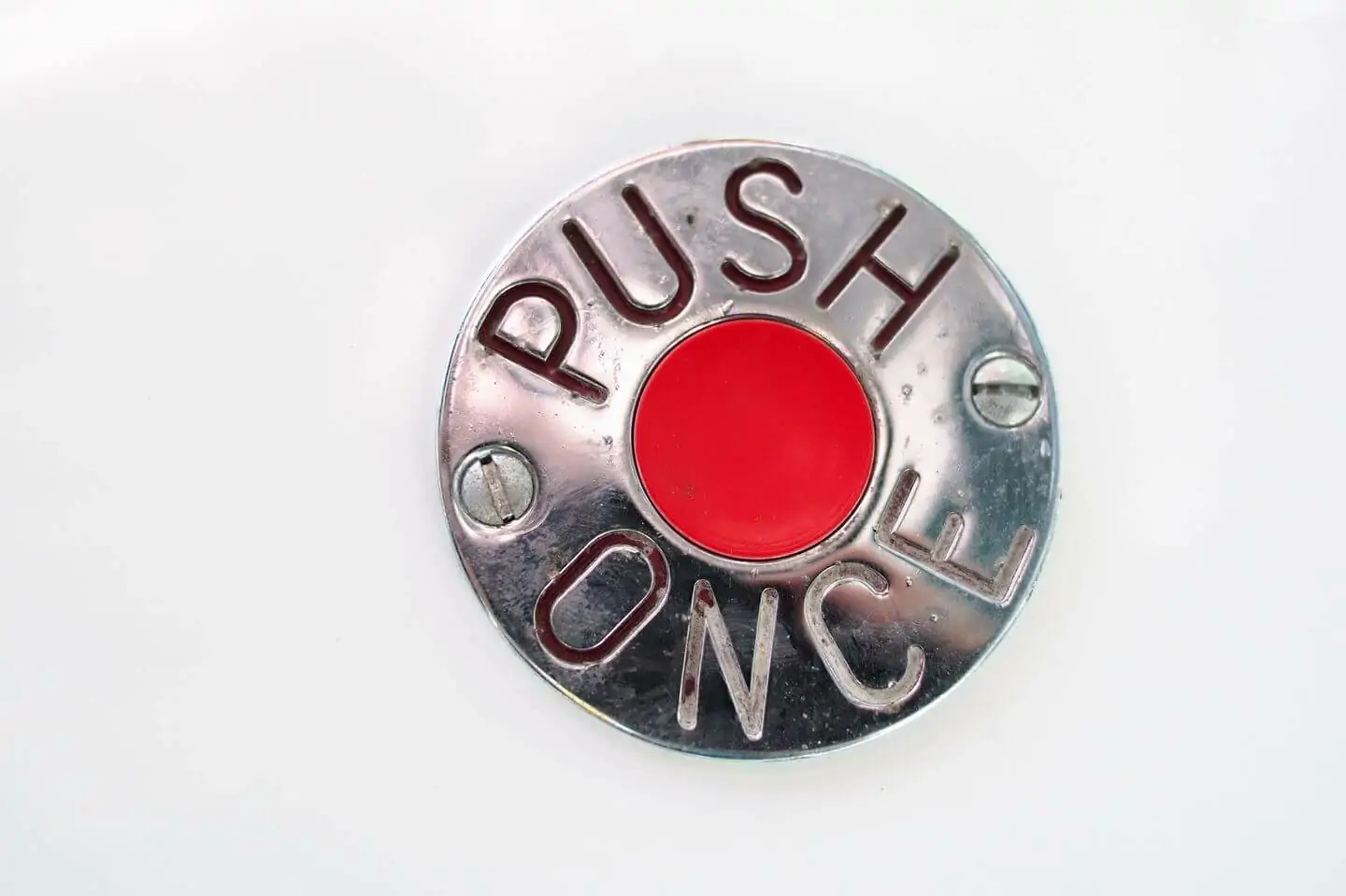
Top 5 Tax Tips for Small Business Owners
7 Aug 2016Our Top 5 Tax Tips for Small Business Owners article has been updated for 2016 to reflect recent changes to taxation and accounting. You can learn about the most up-to-date tax deductions here.
In these challenging economic times, it makes sense for small business owners to make sure that they aren't overpaying corporation tax. We've put together our tax tips which we have found useful when trying to keep your taxes to a minimum.
Travel, Subsistence and PIEs
Costs incurred when you make a journey from the office on a business-related journey are tax deductible. This might typically be travel to a client meeting, training event or a trip to purchase some equipment for the business. All of the following costs can be reimbursed by the company and deducted against your business profits:
1. Air, Train, bus, and taxi fares
2. Parking, the London congestion charge and tolls
3. Subsistence expenses e.g. lunch while out
4. Hotel and meals, if you need to stay away from home: £5 per night is allowed for personal incidental expenses (PIEs) for overnight stays in the UK and this increases to £10 for overseas stays.
5. Mileage using your own vehicle (more details below)
It is interesting to note that PIEs do not require receipts and can be claimed in addition to hotels and meals. So all you need to do is keep track of the number of nights away and the purpose of the visit to be able to put the claim together.
What's it worth for a typical London Small Business? £300 tax savings per annum (based on two offsite client meetings per week (in London) with lunch)
Business Mileage
If you use your own vehicle for business travel you can claim a certain amount per mile as a tax deductible expense. This is 45p per mile for Cars and Vans, 24p per mile for motorbikes and 20p for push bikes. The rates drop to 25p, 24p and 20p for each mile over 10,000 miles. That's quite a lot of cycling!
What's it worth for a typical London Small Business? £100 tax savings per annum (based on two 5-mile return trips per week)
Telephone expenses
Home Telephone - You can claim the cost of the business calls only. Unfortunately, you cannot claim the cost of rental as this will be treated as a benefit in kind on which you will pay tax.
Mobile Telephone - If the account is in the company name and company pays the bill then there is no taxable benefit for a mobile phone.
Internet - If the account is in the company name and any private use is not significant then there is no taxable benefit for internet usage.
What's it worth for a typical London Small Business? £100 tax savings per annum (based on typical monthly broadband and mobile phone costs)
Use of Home as an Office
If you have an office area in your home you can claim a modest amount that can be justified to HMRC as a tax deductible expense. For minor use, e.g. just filling in expense claims or raising monthly invoices, the HMRC guideline example is a figure of £2/£3 per week. This amount can be reimbursed by the company and will reduce the company tax bill.
If your costs are significant, you must actually work from home on revenue generating activities. The office you use must be a business office and must be available to be inspected by HMRC. The cost should represent the cost of you providing an office at home i.e. a proportion of heating, lighting etc plus a proportion of council tax and other direct property costs. For example: In a 6 room house you could charge 1/6 of your costs.
However, the one thing to watch out for is that if this is a large sum you could find that your office is excluded from your principal private dwelling allowance. This would mean when you come to sell your house, that a proportion, in this case 1/6, of the property is subject to Capital Gains Tax.
What's it worth for a typical London Small Business? £30 tax savings per annum (based on playing it safe with the £3 per week allowance)





















